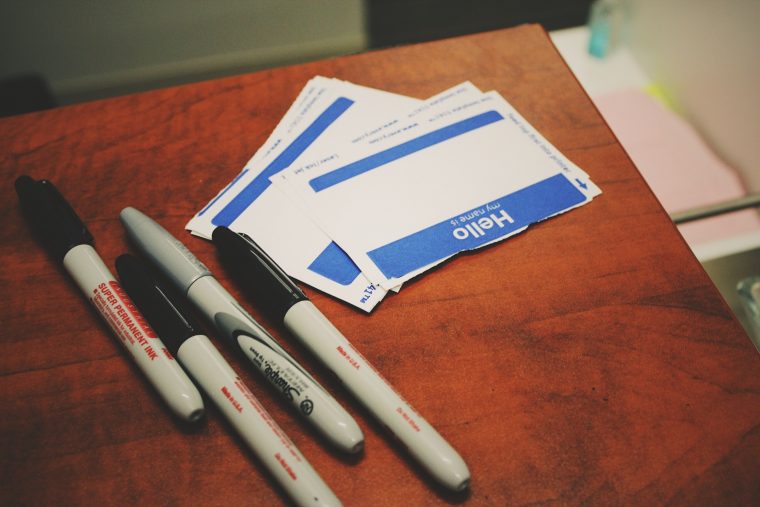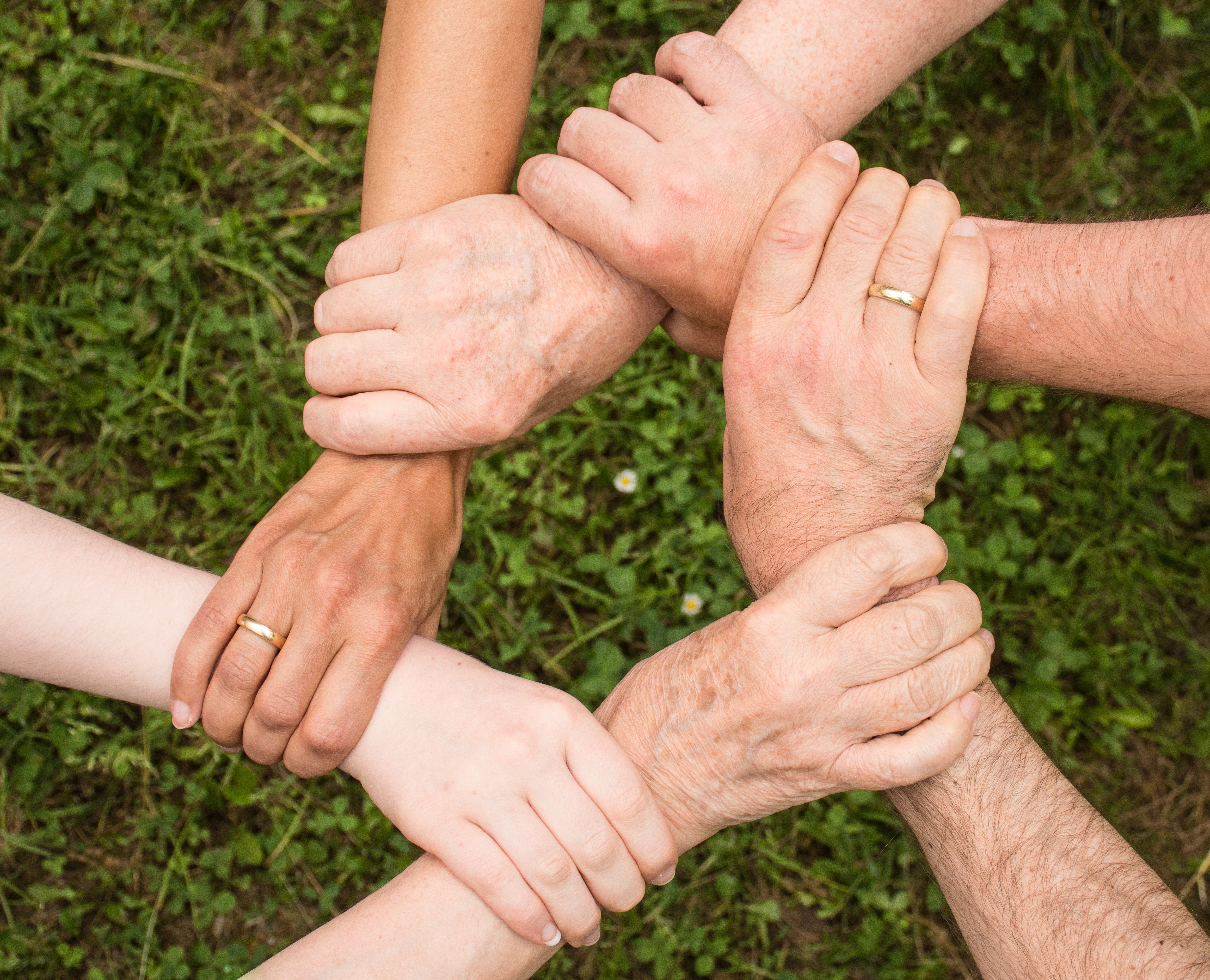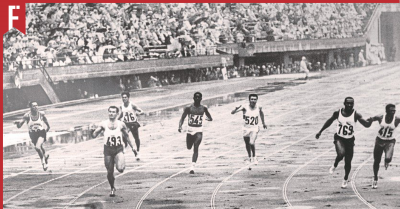
I’ll be honest – my full name has surprisingly evoked a myriad of confused responses throughout my life. While I’ve been lectured for not having the “a/p” (‘anak perempuan’ or ‘daughter of’) that’s commonly associated with Malaysian Indian names, I’ve also met people who have seen my full name and immediately decided they couldn’t comprehend it.
In contrast to my short, two-syllable first name, my last name is where things get a little bit tricky for some people.
“Why so complicated one?” “Why got so many syllables?”, or “Can I just shorten it to [insert butchered, shortened version of my surname here], ah?” are the typical reactions I get. I didn’t really understand why responses like that affected me until I was faced with this fairly recent interaction.
Tossed Aside

During my first year at university, a substitute lecturer was returning everyone’s marked assignments by reading out our names so we could walk to the front of the class and collect our work.
The lecturer had no problem calling out everyone’s full names, but when he got to one particular assignment, he briefly glanced at it, said, “I’m not pronouncing that” and proceeded to chuck it on the table next to him before swiftly moving on to the next assignment.
Immediately thinking it was mine, I sheepishly got out of my seat to take a look at the assignment he chucked on the desk. Surely enough, it was mine.
In that moment, I shrugged it off, told myself, “It’s not that deep” and tried to let it go (mind you, I’ve done that for most of my life up until recently) – but I realised that it wasn’t an effective coping mechanism for me, as I still found myself going back to that moment from time to time, feeling the hurt and frustration resurface.
What’s In A Name?
It wasn’t until this video of Uzo Aduba (from Orange is the New Black) started circulating on social media a few years later that I really began to understand why I wasn’t happy with merely shrugging off what that lecturer did.
In the video, which was a short speech at an awards ceremony, Uzo was telling a childhood story about how she wanted to be called ‘Zoe’ because it would be easier for her friends and teachers to pronounce than her full name, ‘Uzuomaka’. However, her mother immediately responded,
“If they can learn to say Tchaikovsky, Michaelangelo, and Dostoevsky, then they can learn to say Uzoamaka.”
What Uzo’s mother said struck a chord with me. It made me understand the true reason why that particular experience upset me so much. It also triggered my exploration into the root of this issue.
Names are symbolic in more ways than one. Most importantly, names have been used to signify a sense of belonging to either a family, or a particular culture or group. From Christian baptisms to Hindu naming ceremonies, different cultures and religions communicate the significance of our names in different ways.

Names play an important role in how we identify ourselves and those around us, and there’s a sense of pride that comes along with that.
To paraphrase author H. Edward Deluzain from his 1996 article entitled ‘Names and Personal Identity’, giving someone a name and its associated identity can be thought of as signing a social contract.
When we are given a name, society uses that name to acknowledge our existence and its respective responsibilities towards us as individuals. On the other side of the contract, our names represent our individuality — unique markers that set us apart from others.
“Through the name, the individual becomes part of the history of the society, and, because of the name, his or her deeds will exist separate from the deeds of others.” – H. Edward Deluzain
So, upon learning more about this, I started thinking a little more about my own name and its overall significance.
When my sister and I were born, our parents decided to give us the surname ‘Thiagarajan’ (pronounced: Thee-ah-gah-raj-un, which roughly translates to ‘king of sacrifice’ in Tamil), to honour my late paternal grandfather – a police officer who was unexpectedly killed in the line of duty decades before I was born.
My last name is a reflection of the things that encompass my identity, mainly my history and Tamil heritage, and I wear it with pride. It is something that I’ll carry with me in everything that I do, and I see it as a way of keeping my grandfather’s legacy alive.
So, it only made sense to feel hurt when it was so easily overlooked – and quite literally tossed aside – without a second thought.
If that lecturer actually took the time to look at my name, he would have realised that it’s pronounced almost exactly the way it’s spelt.
He just decided that my full name was too hard at face value and that learning it wasn’t worth the effort, when he could easily pronounce all of my other coursemates’ full names with no hesitation.
When you don’t even put in the effort to pronounce – let alone look at – my full name, it feels like my identity isn’t being acknowledged, as if I’m being excluded.
The message you end up sending is that some parts of me are acceptable, but not all of them.
When I can take the time to learn and correctly pronounce your full name, why can’t that same courtesy be extended to me? Is my last name – something that’s so integral to my identity – that repulsive?
Where Do We Go From Here?
Of course, my story isn’t exactly a unique experience. Regardless of where you are in the world, if you have a particularly long name, I’m sure you can relate to my experience and know how alienating it must feel to have your name either mispronounced or overlooked.
In a now widely-cited study conducted by the University of California in 2012, it was found that the social and emotional well-being of school students (particularly that of ethnic minorities) were significantly impacted by whether or not their teachers correctly pronounced their names. This was also thought to have a lasting impact on their learning.
The study’s lead author, assistant professor Rita Kohli, elaborated on these findings to the United States’ National Education Association, saying,
“Students often felt shame, embarrassment and that their name was a burden. They often began to shy away from their language, culture and families.”
While Kohli does acknowledge that not everyone can get long names right on the first try, what is crucial is how people respond.

So, it’s completely understandable to not know the correct pronunciation of a relatively long, unfamiliar name right off the bat. The important thing is that you try your best to get it right.
One thing to do is to simply ask someone if you’re not sure how to pronounce their name. If you get it wrong again, just apologise and politely ask them to repeat it for you.
These simple acts of courtesy show that you actually care enough to want to pronounce someone’s name correctly. It’s also a way of showing basic respect for others and making people feel included.
Living in such an ethnically diverse country where cultures clash in some ways yet overlap in others, each day brings new learning experiences if we’re open to them.
So, the next time you come across something unfamiliar to you (be it a long name or otherwise), try taking time to understand it instead of just tossing it aside.








